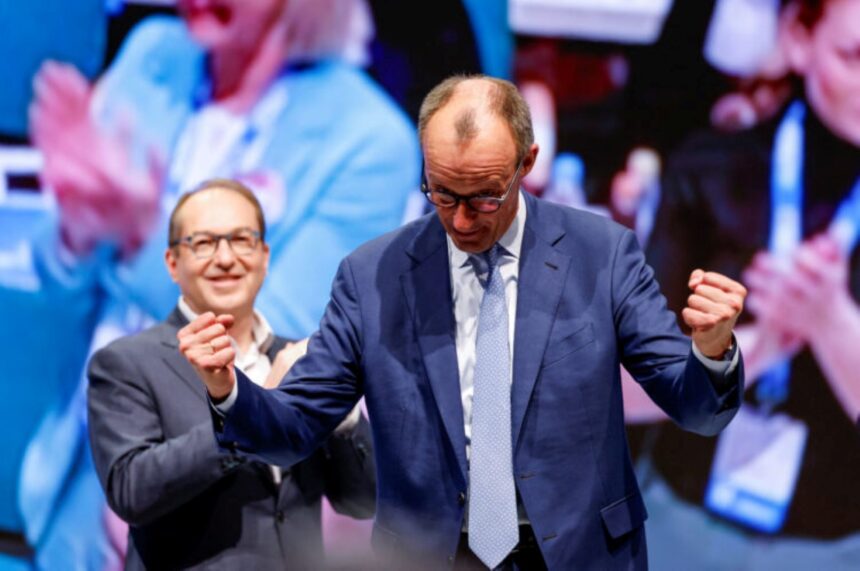Ahead of the elections in Germany, the Christian Democrat Friedrich Merz is considered the favorite, but his hardline refugee policy has been criticized by both major churches. However, a closer look reveals that even within the churches, there is no uniform stance, writes DW.
The two major churches—Catholic and Protestant—have played a significant role in shaping the history of the Christian Democratic Union (CDU) and its Bavarian sister party, the Christian Social Union (CSU). These parties, with their Christian roots, have maintained a longstanding coalition at the federal level, and their ties to the churches have remained strong, despite occasional differences.
A new point of contention arose last week following a joint statement by the Evangelical Church in Germany and the German Bishops’ Conference regarding the debate on migration policy in the Bundestag. The churches unequivocally distanced themselves from the Union’s position on the “Foreigners’ Admission Restriction Act,” concluding that the proposed law was inappropriate for addressing current migration issues.
The CDU’s candidate for chancellor, Friedrich Merz, had proposed radical measures, such as banning family reunifications for refugees and closing Germany’s borders. These proposals were supported by the far-right Alternative for Germany (AfD) party. The timing of this debate, just before the early elections on February 23, has raised tensions.
The churches’ statement caused confusion and frustration within the CDU and CSU ranks, as well as within the churches themselves. The German Bishops’ Conference, represented by Beate Gilles, expressed that the statement was not coordinated between the Berlin office and the bishops, and that the bishops had intended to remain neutral in the election campaign.
Within the Protestant Church, there were also debates. The churches particularly criticized the Union’s proposal to return all irregular migrants at Germany’s borders, even those seeking asylum, which they view as un-Christian.
As the situation unfolds, figures like Irme Stetter-Karp, president of the Central Committee of German Catholics (ZdK), continue to defend the church’s stance, while others within ZdK, such as former CDU leader Annegret Kramp-Karrenbauer, have resigned in protest. CDU members like Anja Karliczek and Thomas Rachel also found themselves in an awkward position, having voted for the Union’s proposals while opposing the church’s message.
Chancellor Olaf Scholz of the SPD has used the church’s statement to politically target Merz, highlighting the rift between the CDU and the churches. The question remains whether this marks the beginning of a more frequent distancing between the churches and the Union.
Bishop Kirsten Fehrs, president of the EKD Council, has attempted to downplay the political intensity of the conflict, emphasizing that churches should provide Christian perspectives in societal debates, regardless of political affiliations.
This controversy underscores the differences within both the CDU/CSU and the churches, as well as the tensions between Catholic and Protestant positions, particularly on migration policy, abortion, and assisted suicide.







